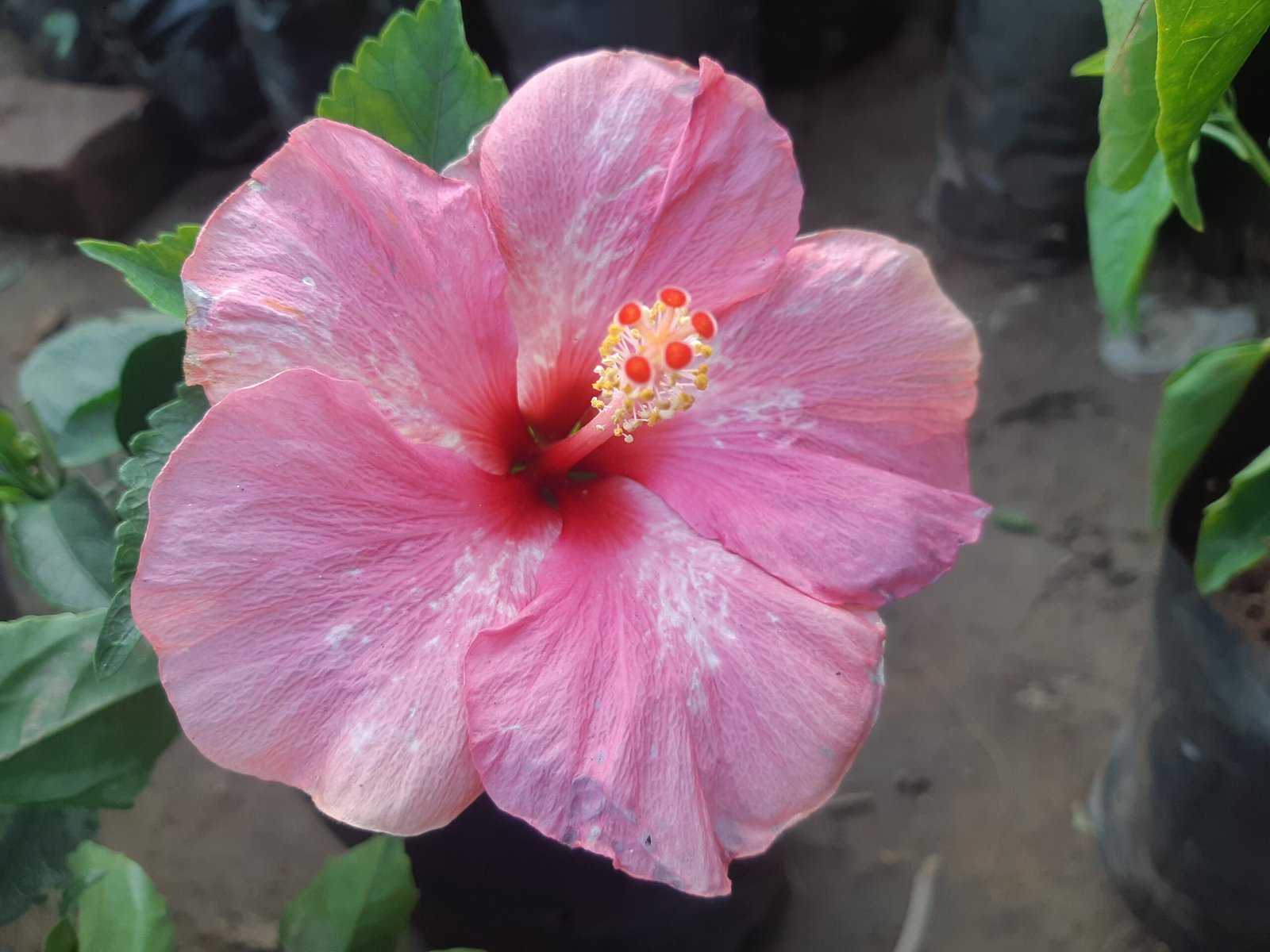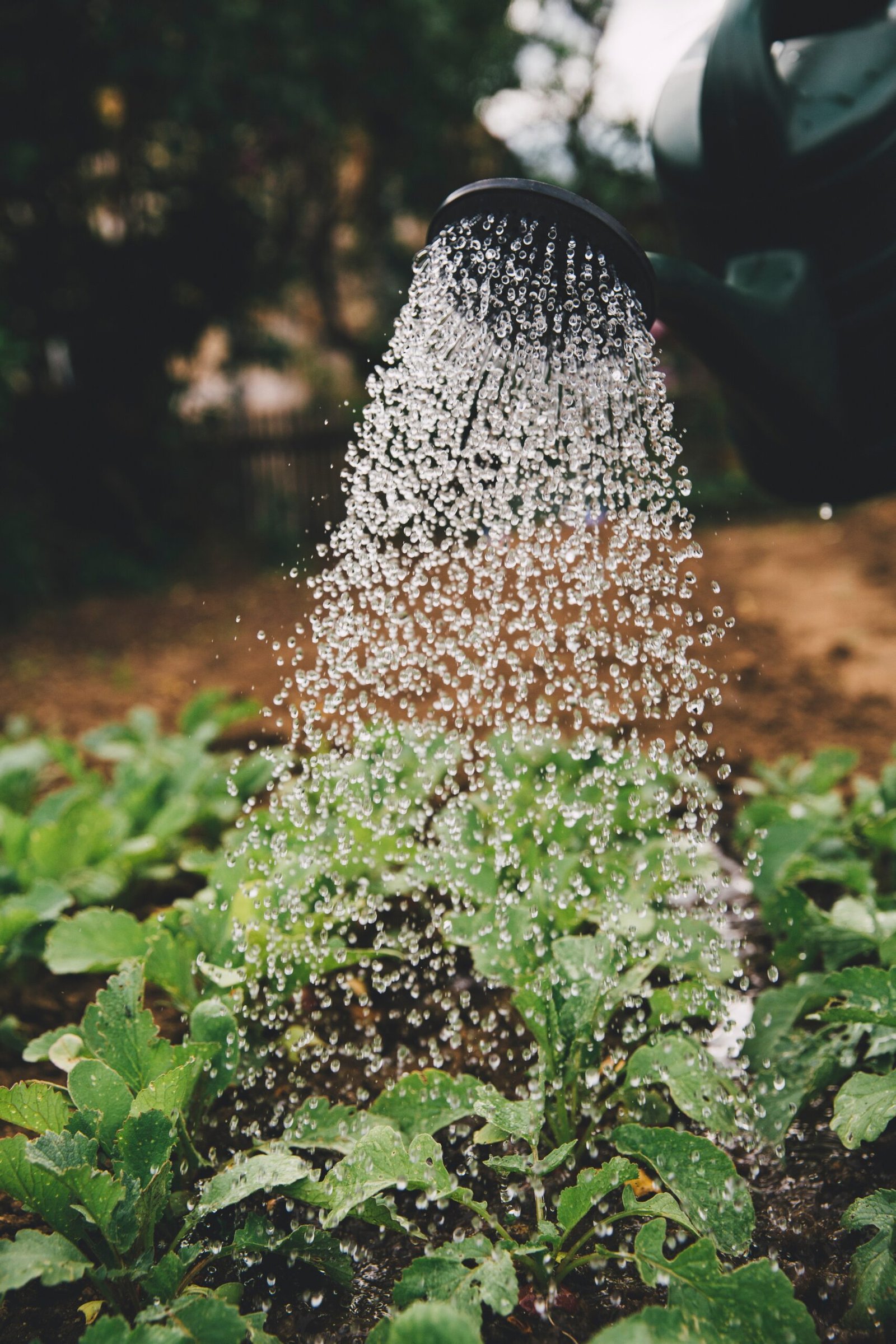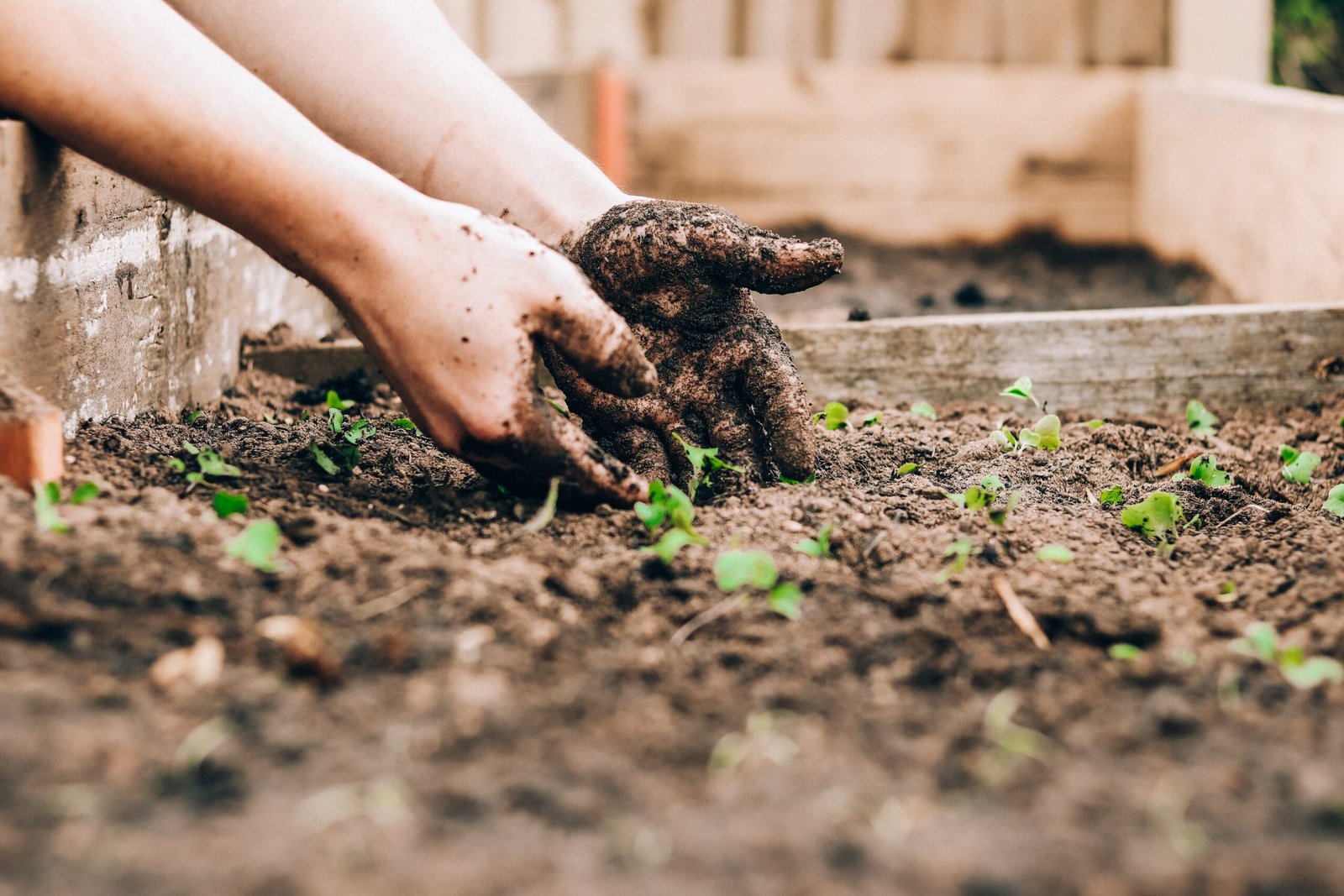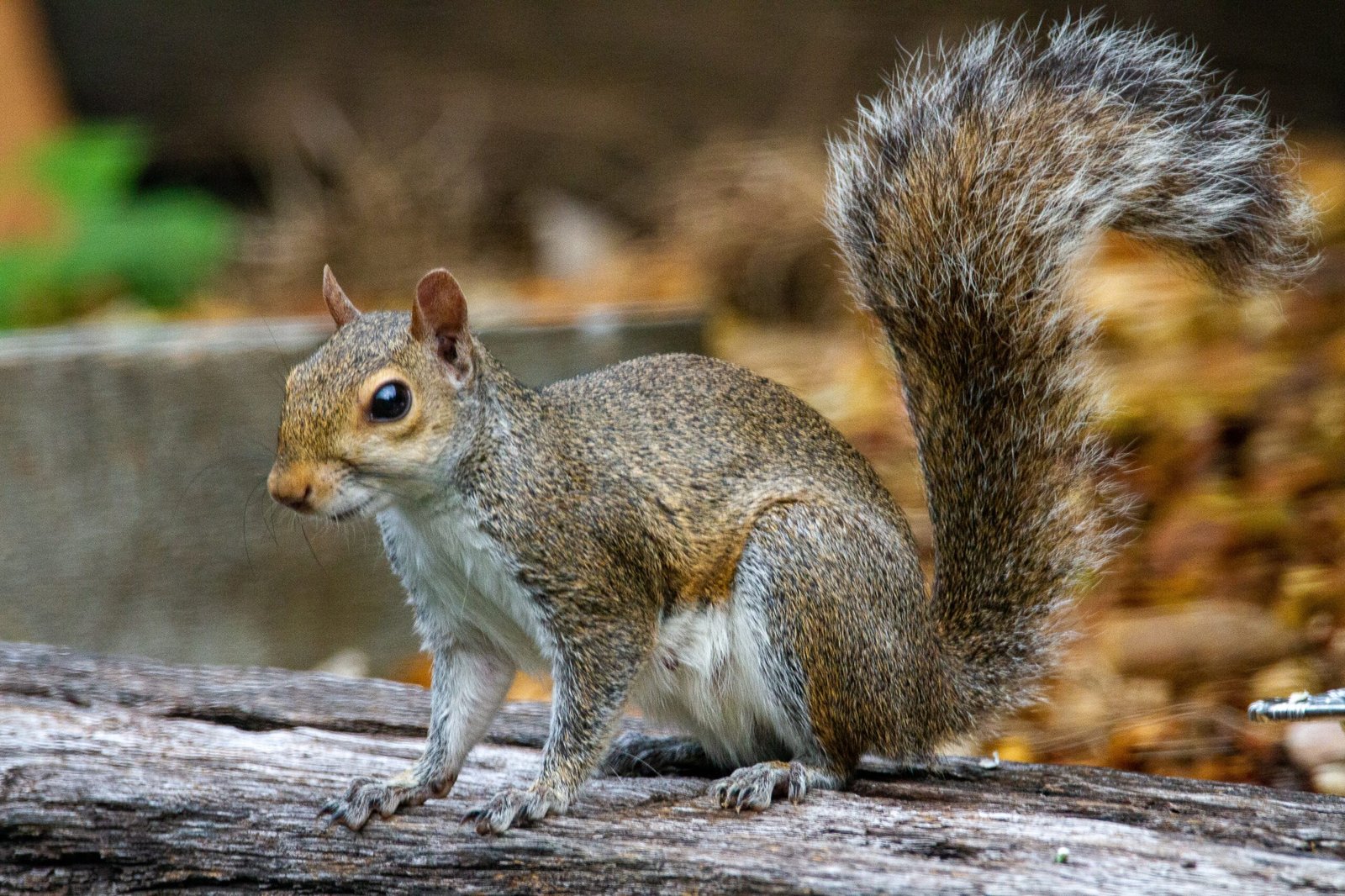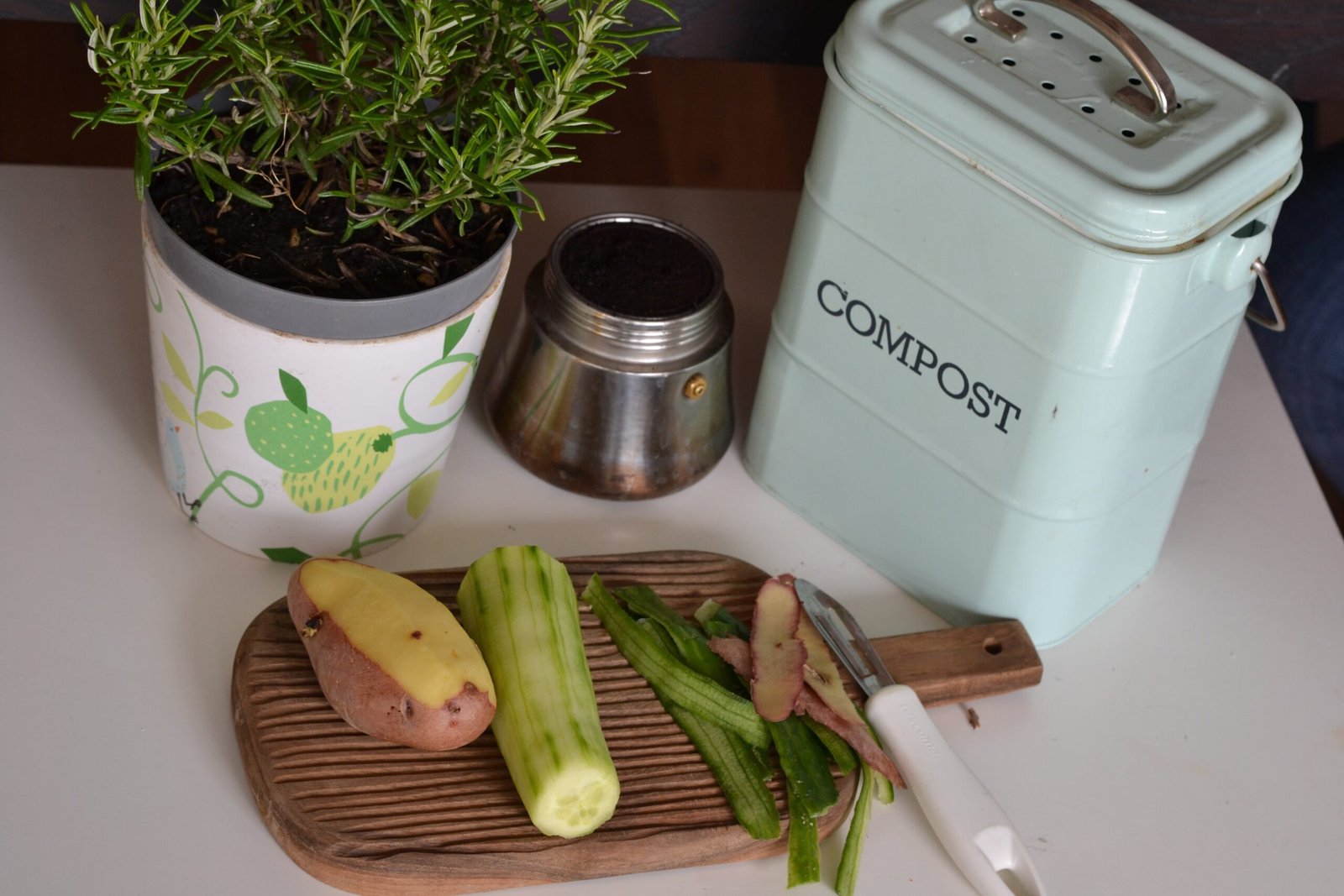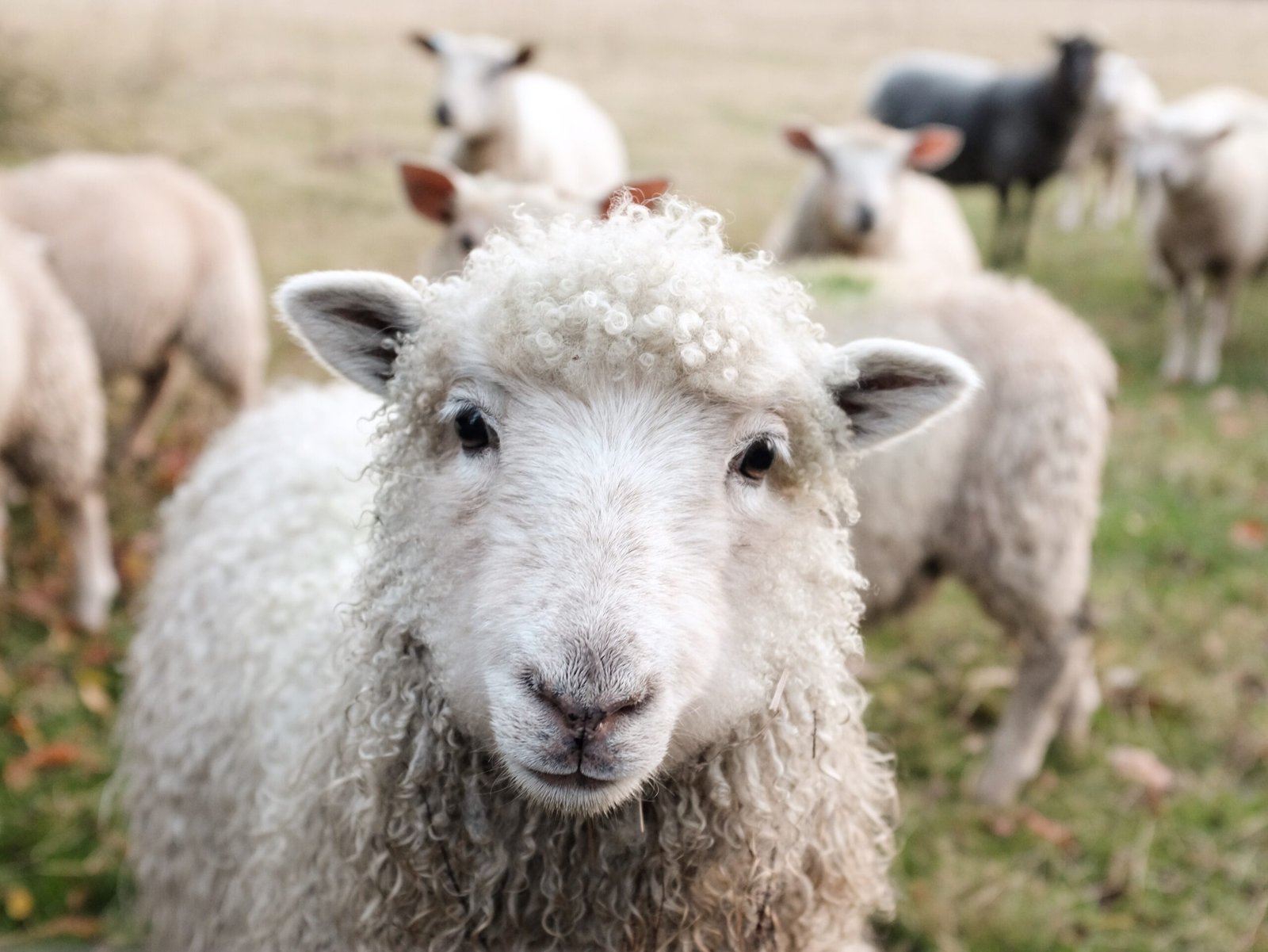Top 10 Tips for Gardening Beginners: A Comprehensive Guide
Gardening is a rewarding and fulfilling hobby that allows you to connect with nature, beautify your surroundings, and grow your own fresh produce. Whether you have a spacious backyard or a small balcony, anyone can start gardening with a little knowledge and preparation. In this blog post, we will provide you with the top 10 tips for gardening beginners, along with the latest trends in the world of gardening.
1. Start with the Right Soil
The foundation of any successful garden is good soil. Before planting, ensure that your soil is well-draining, rich in organic matter, and has the right pH level for the plants you want to grow. Conduct a soil test to determine its composition and make necessary amendments to create an optimal growing environment.
Example: If you plan to grow vegetables, such as tomatoes, in your garden, add compost to improve the soil’s fertility and structure.
2. Choose the Right Plants
When starting out, it’s important to choose plants that are suitable for your climate and gardening experience. Opt for low-maintenance plants that are known to thrive in your region. Research the specific needs of each plant, including sun exposure, watering requirements, and spacing.
Example: If you live in a hot and dry climate, consider planting succulents or drought-tolerant plants that require minimal watering.
3. Provide Adequate Watering
Watering is crucial for plant growth, but it’s important to strike the right balance. Overwatering can lead to root rot and other issues, while underwatering can cause plants to wither. Water your plants deeply and less frequently to encourage deep root growth.
Example: For container plants, check the moisture level by sticking your finger into the soil. If it feels dry up to your second knuckle, it’s time to water.
4. Embrace Organic Gardening
With growing concerns about the environment and personal health, organic gardening has gained immense popularity. Avoid the use of synthetic fertilizers and pesticides, and instead, opt for organic alternatives. Compost, natural pest control methods, and companion planting are great ways to maintain a healthy garden ecosystem.
5. Stay on Top of Weeds
Weeds can quickly take over your garden and compete with your plants for nutrients and water. Regularly weed your garden beds and use mulch to suppress weed growth. This will not only keep your garden looking neat but also reduce the amount of time you spend on maintenance.
6. Prune and Trim Regularly
Pruning and trimming are essential for maintaining the health and shape of your plants. Remove dead or damaged branches, and trim back overgrown areas to promote air circulation and prevent diseases. Pruning also encourages new growth and flowering.
7. Protect Your Plants
Keep an eye out for pests and diseases that can harm your plants. Regularly inspect your garden for signs of infestation or infection, and take appropriate measures to protect your plants. This can include using natural pest repellents, introducing beneficial insects, or isolating infected plants.
8. Utilize Vertical Space
If you have limited gardening space, make the most of vertical gardening techniques. Use trellises, hanging baskets, and wall-mounted planters to grow plants vertically. This not only maximizes your space but also adds visual interest to your garden.
9. Experiment with Companion Planting
Companion planting involves growing different plants together to benefit each other. Some plants repel pests, while others attract beneficial insects or improve soil fertility. Research companion planting combinations to create a harmonious and thriving garden.
10. Learn from Experienced Gardeners
One of the best ways to learn about gardening is by connecting with experienced gardeners in your community. Join local gardening clubs, attend workshops, or participate in online forums where you can exchange knowledge, seek advice, and learn from the experiences of others.
By following these top 10 tips for gardening beginners, you’ll be well on your way to creating a successful and beautiful garden.
FAQs
Q: How often should I water my plants?
A: The frequency of watering depends on various factors, including plant type, weather conditions, and soil moisture. As a general rule, water deeply when the top inch of soil feels dry.
Q: Can I start gardening without a yard?
A: Absolutely! Gardening can be done in containers, raised beds, or even on a small balcony. Choose plants that are suitable for your space and provide adequate sunlight.
Q: How can I attract pollinators to my garden?
A: Plant flowers that attract bees, butterflies, and other pollinators. Examples include lavender, sunflowers, and coneflowers. Avoid using pesticides that may harm these beneficial insects.
Tips
– Keep a gardening journal to track your progress and learn from your successes and failures.
– Consider using rainwater for watering your plants to conserve water.
– Rotate your crops each year to prevent soil depletion and minimize pest and disease problems.
Conclusion:
Gardening can be a fulfilling and enjoyable hobby for beginners. By following these top 10 tips and staying updated on the latest gardening trends, you can create a thriving garden that brings joy and beauty to your surroundings. Remember to start small, learn from experienced gardeners, and have patience as you embark on your gardening journey. Happy gardening!
Call to Action:
Share your gardening journey with others! Encourage your friends and family to start their own gardens by sharing this blog post on social media.
